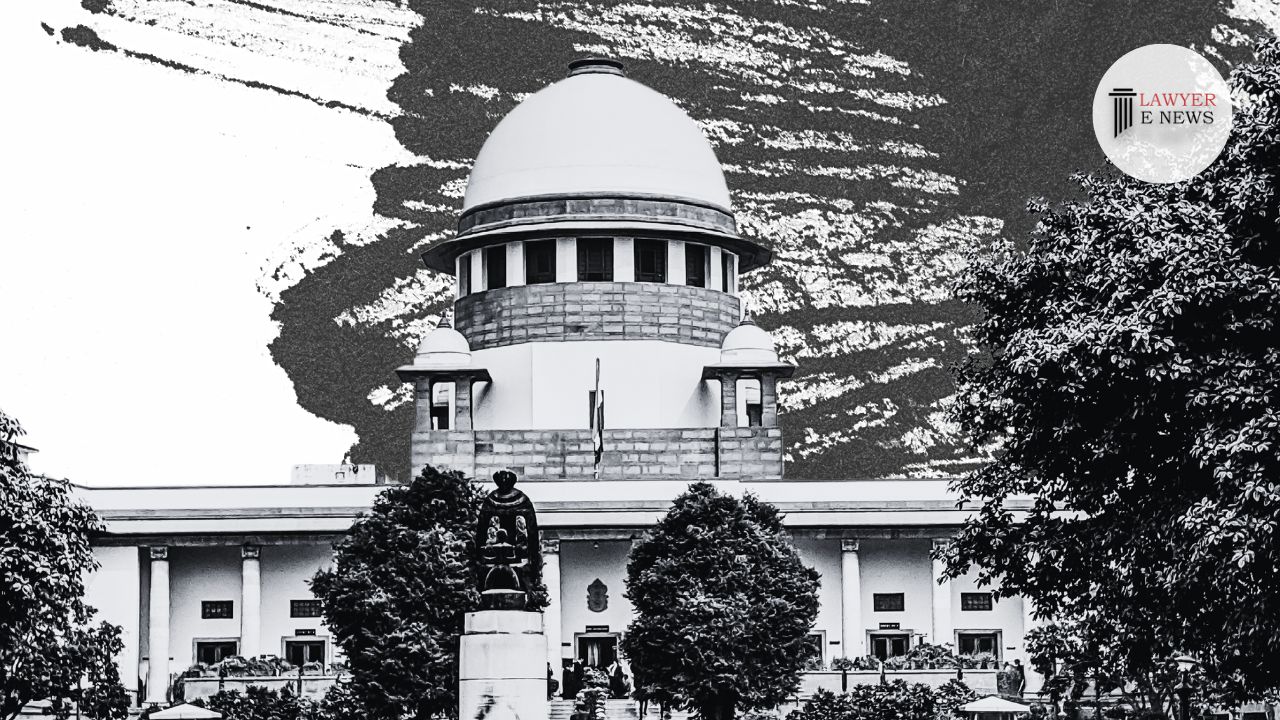-
by Admin
16 February 2026 1:47 PM



In a significant judgment delivered by the Supreme Court of India, the apex court has upheld the disqualification of a Gram Panchayat member for failing to submit a caste validity certificate within the stipulated time. The court’s ruling in the case of Sudhir Vilas Kalel & Ors. Vs. Bapu Rajaram Kalel & Ors. Centered around the implications of not adhering to the mandatory requirements under the Maharashtra Village Panchayats Act.
At the heart of the judgment was the interpretation of Sections 3 and 4 of the Maharashtra Temporary Extension of Period for Submitting Validity Certificate Act, 2023, which provided an extension to submit caste validity certificates. The Supreme Court was tasked with determining whether the appellant was protected under these sections.
The case involved Sudhir Vilas Kalel, who contested the Gram Panchayat election from a reserved seat and won. However, he failed to submit his caste validity certificate within twelve months of his election, as mandated by law. The issue arose when a no-confidence motion was moved against the Sarpanch, and Kalel’s membership and voting rights were under scrutiny.
Justice K.V. Viswanathan, in his judgment, noted, “The statute and the scheme have been clear. From those who aspire to contest for a reserved seat and who take a risk of applying for the validity certificate by filing an application before the date of nomination, it is prudent to expect that they will show utmost due diligence in the prosecution of their application.” The judgment underscored the mandatory nature of the law, rejecting the notion that mere filing of an application for a validity certificate was sufficient.
The court delved into the interpretation of the Maharashtra Village Panchayats Act and the Temporary Extension Act, emphasizing the mandatory requirement to submit caste validity certificates for candidates contesting from reserved seats.
The Supreme Court held that Kalel’s failure to submit the validity certificate within the prescribed timeframe led to his automatic disqualification. It affirmed the judgment of the High Court, which had ruled against Kalel, stating that the no-confidence motion against the Sarpanch was validly carried.
Date of Decision: February 07, 2024.
Sudhir Vilas Kalel & Ors. Vs. Bapu Rajaram Kalel & Ors.
